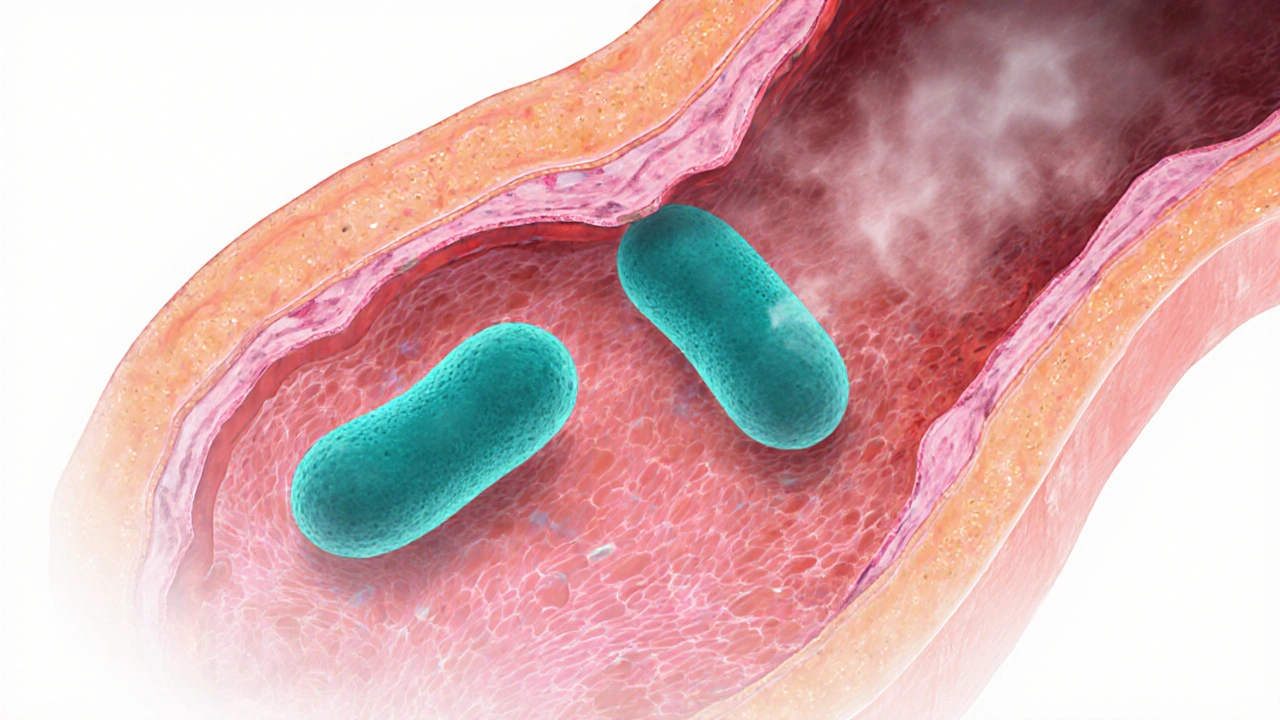Cervical Health: What You Need to Know About Prevention, Symptoms, and Treatments
When we talk about cervical health, the condition and care of the cervix, the lower part of the uterus that connects to the vagina. Also known as gynecological health, it’s not just about screenings—it’s about understanding how your body works, what puts you at risk, and how to take real action. Most people don’t think about their cervix until they’re told to get a Pap smear. But cervical health isn’t something you check once and forget. It’s ongoing. It’s tied to your immune system, your sexual health, your hormones, and even your lifestyle.
HPV, the human papillomavirus, a common sexually transmitted infection that can lead to abnormal cell changes in the cervix is behind 99% of cervical cancer cases. Yet many don’t realize it’s preventable. The HPV vaccine works best when given before exposure, but even adults over 26 can benefit. Regular Pap smears, a simple test that collects cells from the cervix to check for early signs of cancer or precancer catch those changes before they turn dangerous. Most guidelines say start at 21, then every 3 years—unless you’re high risk, then more often. And if your results come back abnormal? Don’t panic. Most are mild, treatable, and don’t turn into cancer.
Cervical health also connects to things you might not expect. Hormonal birth control can affect cervical mucus and cell turnover. Smoking increases your risk of HPV turning into cancer. Stress weakens your immune system, making it harder to clear the virus. Even your diet plays a role—folate, vitamin C, and antioxidants help your body fight off infections. These aren’t just side notes. They’re part of the full picture.
You won’t always feel symptoms. That’s why so many cases go unnoticed. But if you have bleeding between periods, after sex, or after menopause—don’t brush it off. Unusual discharge, pelvic pain, or pain during intercourse? Those are red flags. They don’t always mean cancer, but they do mean you need to see a provider. Ignoring them doesn’t make them go away.
This collection of articles doesn’t just list drugs or treatments. It shows you how real people manage related conditions—like hormonal imbalances that affect the cervix, how medications like norethindrone acetate influence reproductive health, and how lifestyle choices like yoga and diet can support pelvic wellness. You’ll find practical advice on what to ask your doctor, what tests really matter, and how to spot misinformation. No fluff. No fear-mongering. Just clear, usable info.
Whether you’re due for a screening, worried about an abnormal result, or just trying to understand your body better—this is your guide. The tools, the tests, the treatments—they’re all here. And you don’t need to be a medical expert to use them.

Gonorrhea and Cervical Health: Essential Facts for Women
A clear guide on how gonorrhea impacts cervical health, covering symptoms, testing, treatment, prevention, and FAQs for women.
Detail




